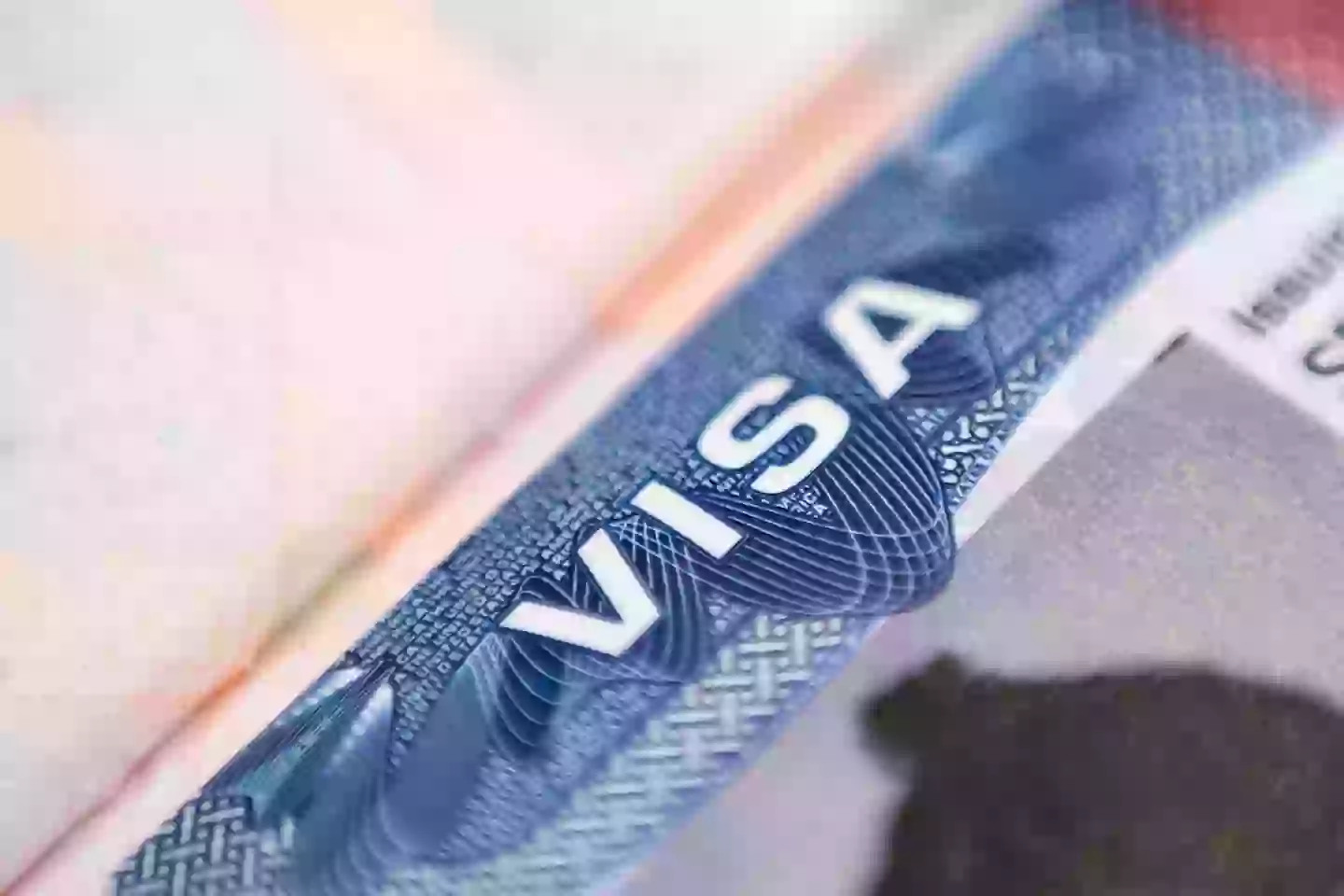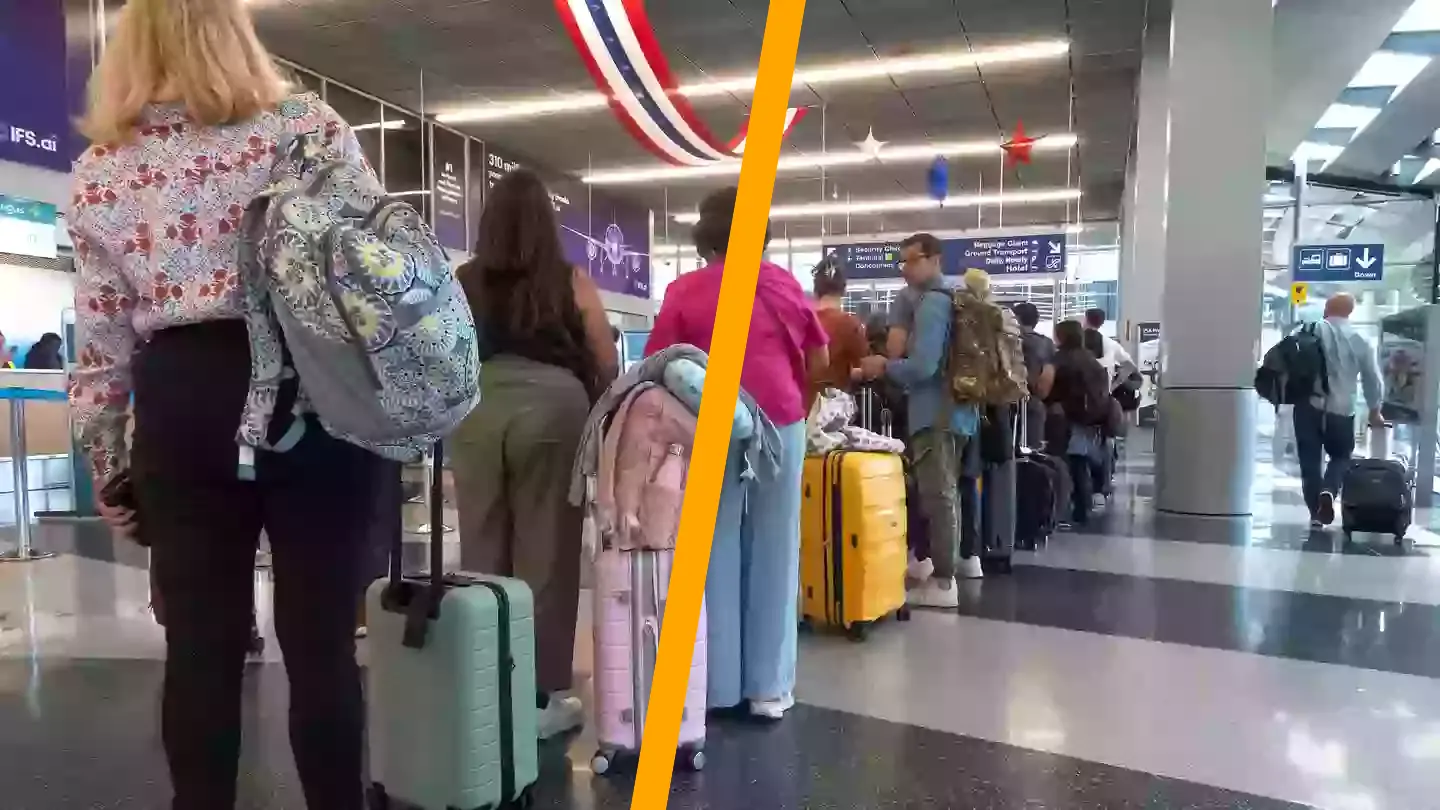European nations have recently issued updated travel advisories for citizens planning to visit the United States.
After the implementation of stricter immigration policies under President Trump’s administration, several EU countries have revised their guidance for travelers, emphasizing the importance of adhering to entry regulations and the potential consequences of failing to do so.
The United Kingdom has revised its travel advice, advising citizens to ‘comply with all entry, visa, and other conditions of entry’.
“The authorities in the US set and enforce entry rules strictly,” stated the foreign office.
“You may be liable to arrest or detention if you break the rules.”
Previously, Reuters noted that the guidance only mentioned that the US ‘set and enforce entry rules’.
Germany has also updated its recommendations, prompted by incidents involving German nationals being denied entry and detained.
Germany’s latest advice highlights that entry into the US through the Electronic System for Travel Authorization (ESTA) or a US visa does not guarantee entry.
“The final decision on whether a person can enter the U.S. lies with the U.S. border authorities,” a spokesperson for Germany’s foreign ministry explained.

“A criminal conviction in the United States, providing false information about the visit’s purpose, or even a minor overstay on a visa can result in arrest, detention, and deportation upon entry or exit.
“Neither a valid ESTA authorization nor a valid U.S. visa guarantees the right to enter the USA. The ultimate decision is made by a US border official. It’s advised to present proof of return travel (e.g., flight booking) upon entry. There is no legal appeal against such decisions. German diplomatic missions cannot overturn a denial of entry.”

Since taking office as the 47th president of the US, Trump and his team have drafted a list involving 43 countries that may face travel restrictions.
The list is divided into three categories, with each having different types of restrictions.
A US official, who asked not to be named, mentioned that the list might be subject to changes and clarified that it has not yet received approval from the administration, including US Secretary of State Marco Rubio.
This includes countries such as Afghanistan, Bhutan, Cuba, Iran, Libya, North Korea, Somalia, Sudan, Syria, Venezuela, and Yemen.
Countries on the ‘all travel banned’ list could face a complete suspension of visas.
Belarus, Eritrea, Haiti, Laos, Myanmar, Pakistan, Russia, Sierra Leone, South Sudan, and Turkmenistan.
Those in the second group might encounter partial suspensions affecting tourist and student visas, alongside other types of immigrant visas, with possible exceptions.
Angola, Antigua and Barbuda, Benin, Burkina Faso, Cambodia, Cameroon, Cape Verde, Chad, Republic of Congo, Democratic Republic of Congo, Dominica, Equatorial Guinea, Gambia, Liberia, Malawi, Mali, Mauritania, St. Kitts and Nevis, St. Lucia, São Tomé and Príncipe, Vanuatu, and Zimbabwe.
The third group is being considered for a partial suspension of US visa issuance unless their governments ‘take action to rectify deficiencies within 60 days’ as outlined in a memo.

